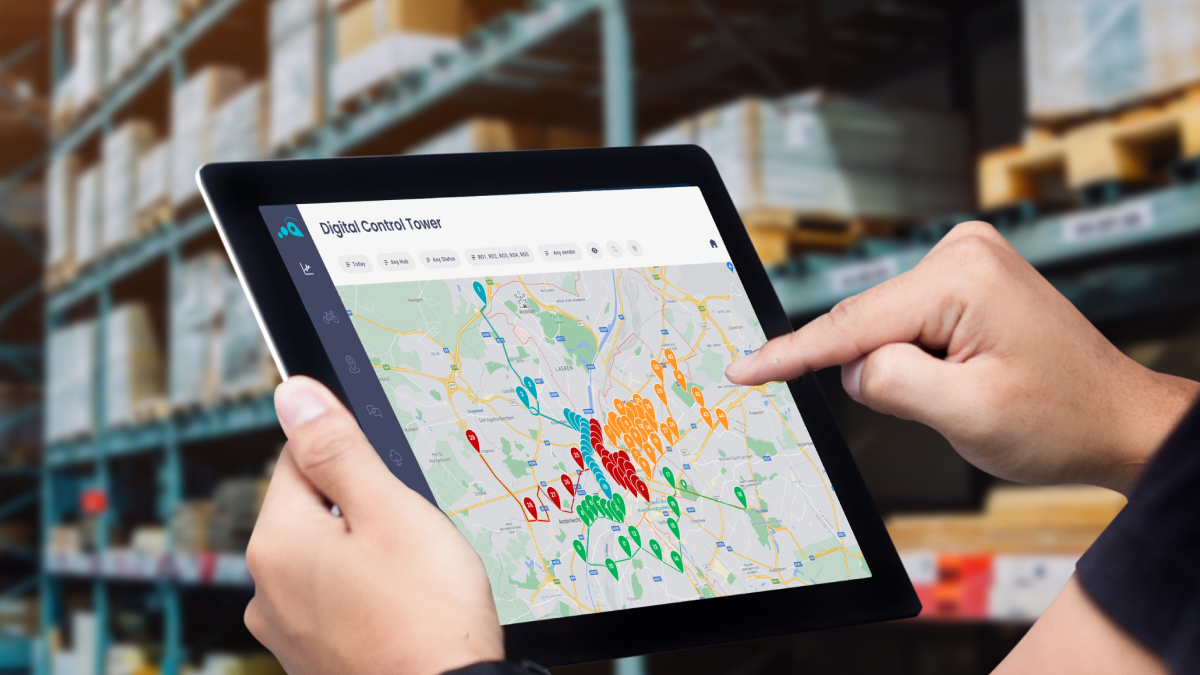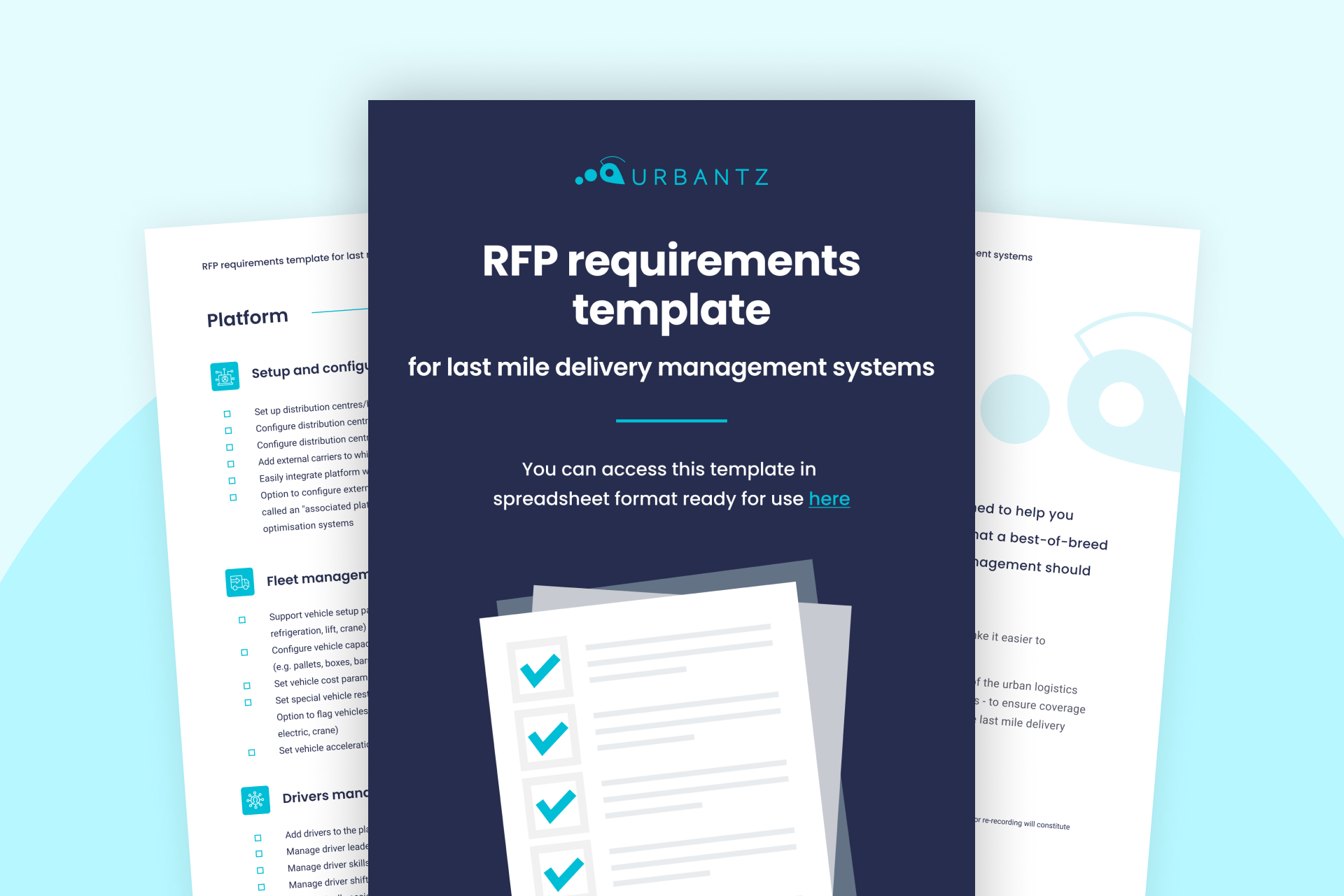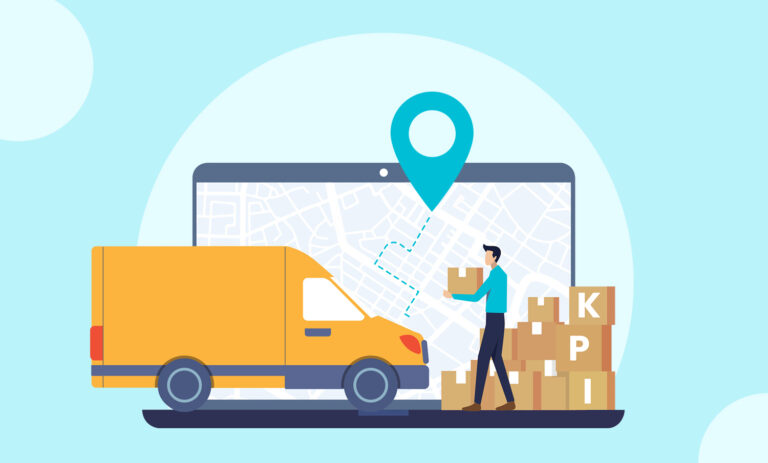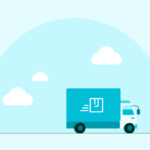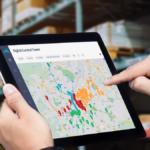
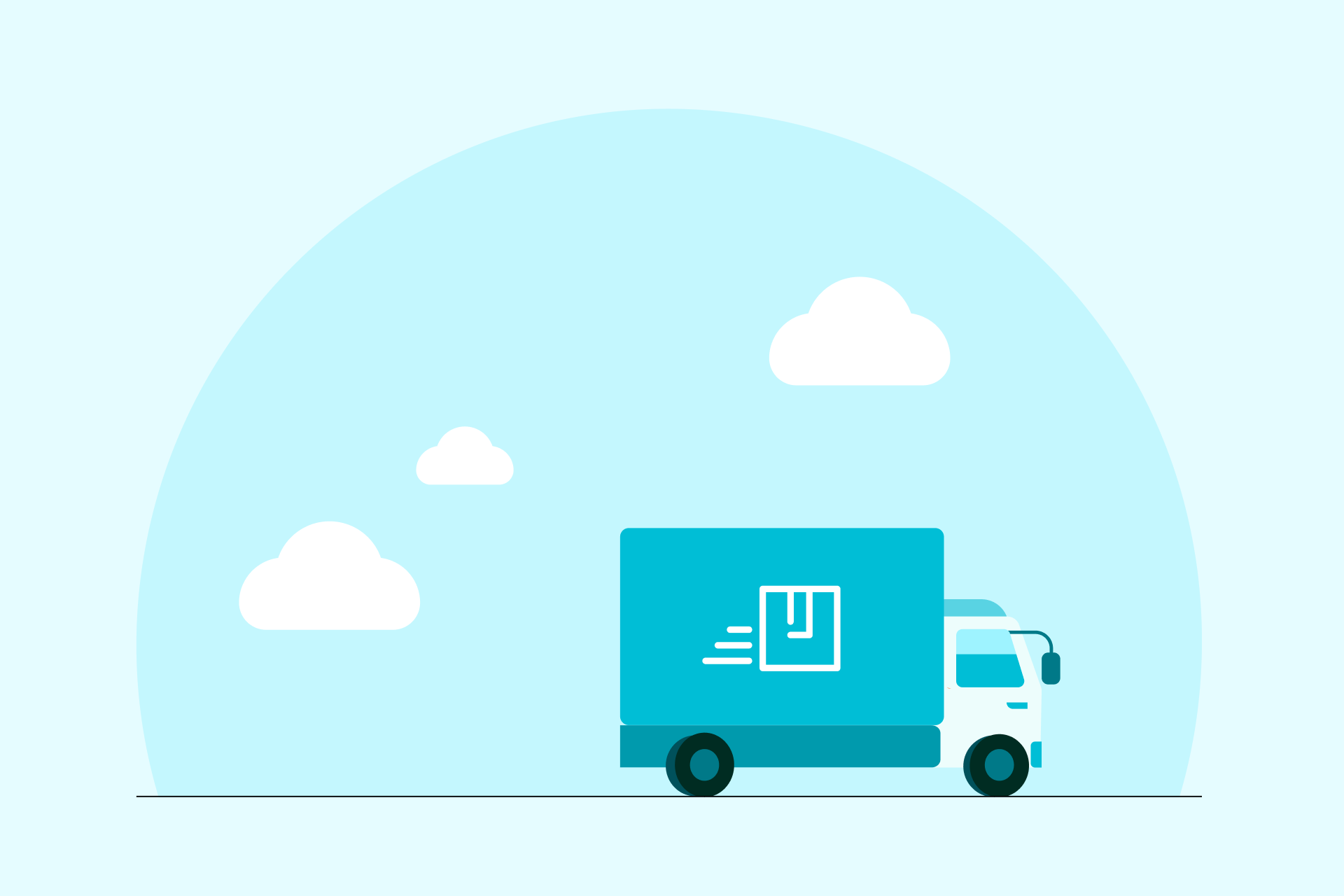
Retailers and ecommerce companies face astronomical pressure to deliver goods quickly and efficiently.
It’s time to learn how a last mile carrier can help! As retailers grow their business, more orders are placed. More orders means more demand for deliveries.
And more delivery demand means greater complexity in delivery operations. Everything gets more difficult as your scale delivery operations. But help is at hand – in the form of last mile carriers.
In this article, we dive into what a last mile carrier is and how exactly they can benefit growing ecommerce and retail companies.
What is a last mile carrier?
A last mile carrier is a company that specialises in delivering goods to customers’ homes or businesses, i.e. the ‘last mile’.
We typcially refer to these carriers as third-party logistics providers, or 3PLs. You might also see them called logistics service providers, or LSPs.
These companies tend to offer same-day or next-day delivery. They play a crucial role in ensuring that the delivery experience meets consumer expectations.
Last mile delivery is a complex and challenging affair. It requires storing products, moving goods, tracking vehicles, communicating with drivers and dealing with consumers. Plus much more!
Successful delivery management is a fine balance between speed and cost. It takes skilled specialists. And that means it can be tricky for retailers to manage in-house. Especially as they grow. Hence the need to leverage a last mile carrier.
For delivering in local markets, last mile carriers are even more important. Their established presence and knowledge of certain areas can be the difference between a successful delivery and a failed one.
If you think of a famous UK last mile carrier, names like DPD or DHL might pop into your head. But there are plenty of smaller ones too. From regional players to hyper-local 3PLs, or specialist carriers that deal in certain use cases. These could be anything from sustainable deliveries made without generating carbon emissions, such as on a bike. Or the delivery of big and bulky items that require multiple handlers.
Why do you need a last mile carrier?
When it comes to ease and speed of delivery, customer demand shows no signs of slowing down.
Just take a look at some of the statistics:
- 62% of online customers believe fast delivery is the most important aspect of a positive customer experience (Insider Intelligence, 2019)
- 95% of online shoppers expect all shipping issues to be resolved while in transit (Convery, 2022)
- 53% of customers have cancelled or abandoned their purchase because the delivery was too slow (Marketing Profs, 2022)
This pressure directly impacts retailers and ecommerce platforms, who are in turn placing increased effort on making their last mile deliveries as streamlined as possible.
But managing a fleet of delivery vehicles or multiple carriers on top of day-to-day retail operations is a step too far. The better option is to leverage a last mile carrier with specialist expertise in last mile logistics. This way, you can invest money into other areas of your business, scale more rapidly, and offer delivery in more places too.
What’s more, last mile carriers are increasingly likely to offer new types of delivery service. For example, on-demand delivery or sustainable options that savvy customers are turning to more and more. Opting for a last mile carrier that not only has the basics in place but can also provide more innovative and eco-friendly solutions ensures that your retail or ecommerce brand is secured for the future.
READ MORE: How to boost ROI from your last mile software during a downturn
What are the benefits of using a last mile carrier?
1) Last mile carriers and the customer experience
One of the biggest benefits of using a last mile carrier is ultimately to protect your company’s brand and reputation. Being specialists in the field, last mile carriers are better equipped to deliver quickly and efficiently, thus ensuring your customers receive a seamless and first-rate customer experience. Don’t forget, many customers see the delivery element as part and parcel of the whole ordering process, so their experience with your carrier directly reflects on your brand too.
Delivering the best on-brand customer experience also has a knock-on effect on repeat sales. Customers are more likely to make additional purchases from a company that offers a fast and efficient delivery service.
2) How a last mile carrier can reduce operational costs
Turning our attention to the operational side of the retail and ecommerce industry, last mile carriers can help to reduce the overall cost of goods sold by minimising shipping and handling costs.
What’s more, incorporating a comprehensive last mile delivery software solution can also help to increase your drop density, which has a direct impact on many other KPIs including cost, total fleet mileage, and rate of deliveries.
3) Optimising last mile tracking, route planning and delivery slots
Another distinct advantage that many last mile carriers have is their ability to offer advanced delivery options. These options essentially make use of the data that delivery operations handle day-to-day and can be leveraged to further optimise route planning, delivery slots and even driver support.
Examples of these include:
– Dynamic route planning and smart optimisation
– Custom route workflows
– Reduced-emission deliveries
– Green delivery slots
As you scale your operations across multiple fleets and carriers, you’ll want to avoid creating a disjointed carrier ecosystem. This is when another important feature comes into play – multi-carrier management and visibility.
Multi-carrier management not only lets you coordinate and assign jobs better across internal and 3rd party fleets, but it also enables you to extend your delivery network by easily integrating large 3PLs and smaller local carriers, even those that are still largely paper-based.
Got questions about multi-carrier management?
How do you choose the best last mile carrier for your business?
You’ll know best which factors are most important for your retail or ecommerce business, but here are a few of the top considerations we frequently see.
Coverage
Depending on where your customers are based, you’ll want to choose a last mile carrier that can handle the same geographical coverage. Furthermore, you’ll need a provider that has a local presence and knowledge where it matters most to your business.
Costs
What sort of cost models are offered by the carriers you’re considering? Are there options available based on volume or types of delivery slot? And don’t forget the hidden costs if a last mile carrier doesn’t offer flexible workflows or the ability to integrate with your software management solution. These may end up being costly to your business in the long-run.
Speed of integration
How quickly can the last mile carrier be set up and configured in your systems? What sort of integrations are going to need to be accounted for? Last mile delivery is a highly technical process that needs a solution and providers that can keep up.
Onboarding
What sort of set-up and onboarding process is covered by the last mile carrier? It’s important to remember driver onboarding here too. One further consideration is the potential to include fleet drivers in the whole set-up process, something we found extremely valuable when working with Solucious.
Performance measurement
Choosing to work with any last mile carrier is a major investment in your business, so you’ll want to make sure that the insights you’re getting back from that provider match business expectations and service level agreements. The best option here is to seek out direct testimonials from the carrier’s partners and customers, especially other retail and ecommerce companies that have similar business challenges to yours.
Delivery experience
Last but not least, what does the customer delivery experience look like and will it fit with your own brand and customer experience? White-labelling is an obvious feature to ask about, but also consider how last-minute customer changes are handled and if reviews are integrated seamlessly into the process.
Takeaway: Last Mile Carriers give you the ability to scale & offer delivery in more places
If you’re weighing up your options right now for a last mile carrier and are also considering delivery management solutions, then you’ll find our RFP checklist useful.
Whether it’s grocery delivery, or ‘big and bulky’ orders, last mile carriers are a great way to offer a more comprehensive and optimised customer delivery service. One that, in turn, enables you to scale and grow more quickly as a business.

